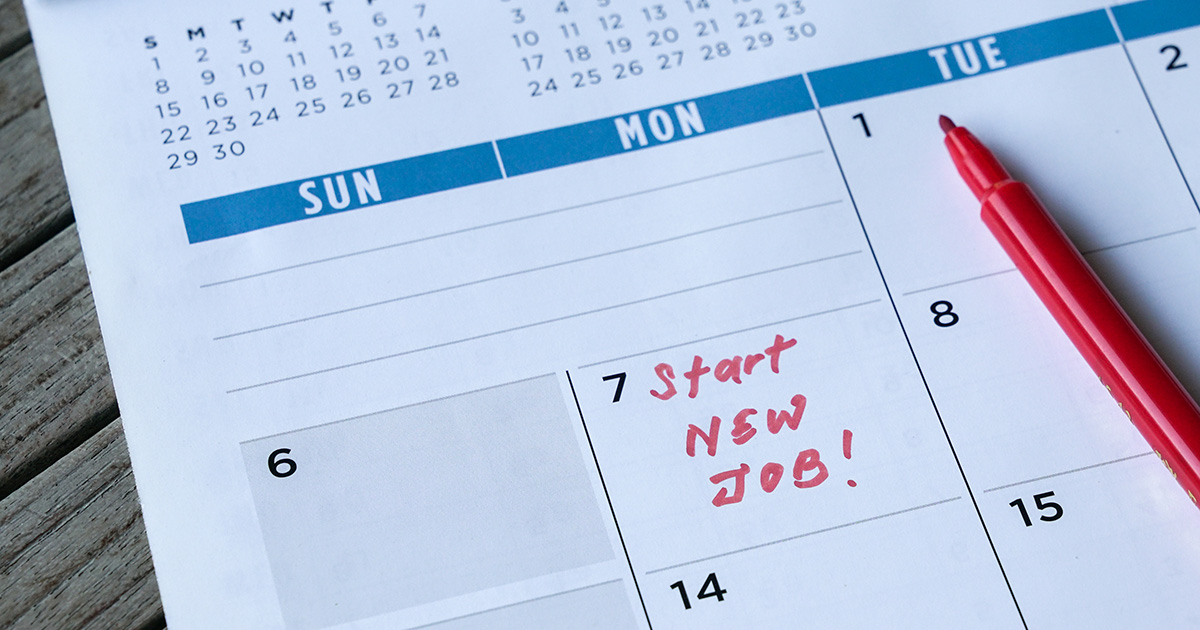Your first real day as a vet, stepping through the doors of your practice for the first time, feels like it’s never going to come. But when it does, it’s exciting, its terrifying, it’s surreal and it’s overwhelming – all in one.
Your university has likely done all it can to prepare you for these first few weeks without its guiding hands, but your first days as a vet are always going to have an element of the unknown.
As somebody who’s still only a few months into their first job, I am by no means the most qualified person to give advice. However, I do hope my own very recent experience might be helpful for any newly qualified veterinary fledglings learning to use their wings for the very first time.
Stick to the basics
- Firstly (and this is an important one) DON’T PANIC, and don’t try to do it all at once. Nobody is expecting you to be amazing at everything on your first day/week/month – or anything for that matter. Different new graduates have their different strengths, depending on EMS placements, case exposure or personal interests. Be proud of what you’re confident in, humble in what you’re not, and don’t be afraid to ask for help whenever you feel out of your depth (and if that’s most of the time, that’s totally normal).
- Familiarise yourself with the vaccine protocols of your practice, have commonly used drug dosages jotted down somewhere to hand, and take your time getting used to whatever veterinary computer operating system you’ll be using, as well as learning where everything is in the consult room in order to avoid awkwardly fumbling around in front of your first clients.
- Remember that even the most challenging cases start with the fundamentals of a good history and clinical exam, make those the corner stones of your practice and you have a solid foundation for whatever comes in the door. To make sure you never miss an important question or a section of your clinical exam, it can be helpful to have a set routine that you adhere to in every consult, like stepping stones that make it easier to keep all your thoughts in order while juggling the other million things necessary in most consults.
Start as you mean to go on
- This applies to many things – work-life balance for one. It’s obviously only possible within reason, but making sure you make time for lunch, and not ending every shift three hours after you’d technically clocked off goes a long way to preventing that oft-discussed “burn out”.
- Find hobbies in your local area to keep you busy on your days off so you don’t find your mind wandering back to yesterday’s cases or tomorrow’s surgeries…
- Stay on top of your life and work will, in turn, feel a whole lot more manageable. Meal prepping lunches at the weekend can be really useful in this case. I’ve found that if I don’t have an easy option available takeaways become all too tempting, and there’s really no fun in your first pay check if you spend it all on fast food.
- Always keep your pen supply well stocked (those things have a habit of walking as soon as your back is turned) and keep a small notebook somewhere on your person to jot down useful references to help your future self.
Diamonds are not your best friend, nurses are
- Nurses are your best friends, your lifeline and your rock, especially on busy days or when things get particularly hairy – so treat them as such. I am lucky to have been blessed with an NHS nurse for a mother, and after hearing too many horror stories about how doctors can unfortunately treat nurses, I never wanted to fall into that stereotype. Remember to offer to make tea, ask them if there’s anything you can do to help, and remember that a practice without nurses isn’t a practice at all.
Smell the roses
- Try your best to enjoy yourself and know that everything does get easier in time. I can’t quite believe how quickly my first few months have gone, and how much I’ve learned in such a short space of time.
- My final tip is just to take it in and let yourself be happy that you made it – you’re a vet! Oh and also, be nice to yourself and book in some annual leave after your first two to three months (trust me, you’ll thank me later).

Leave a Reply